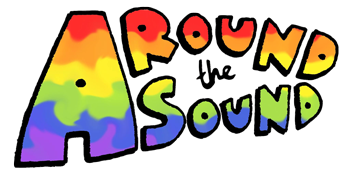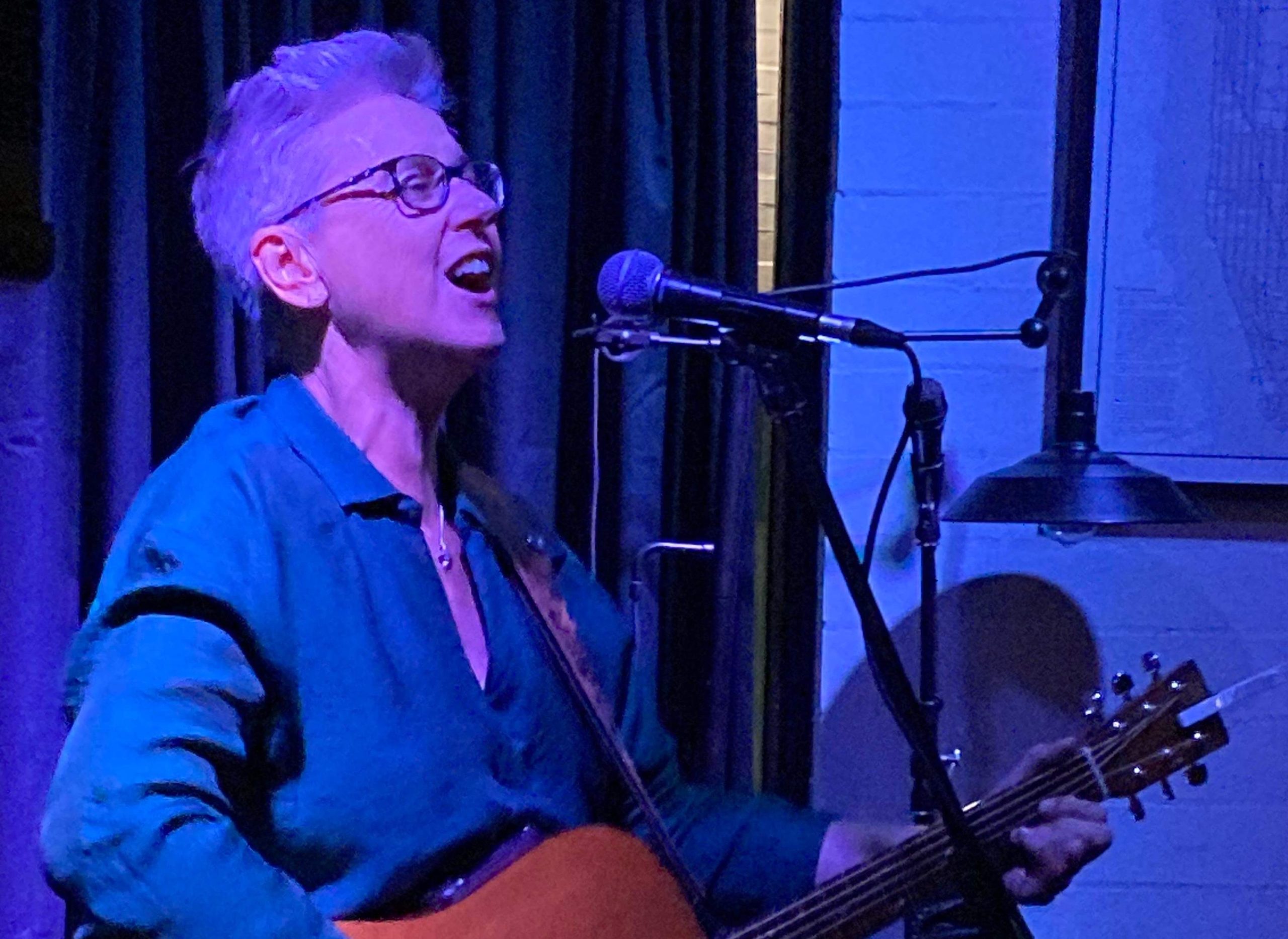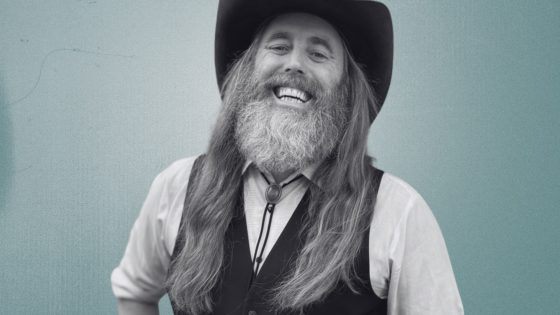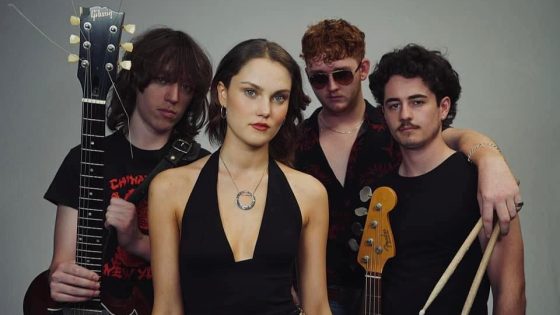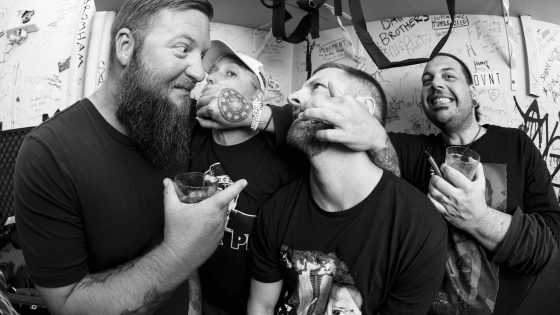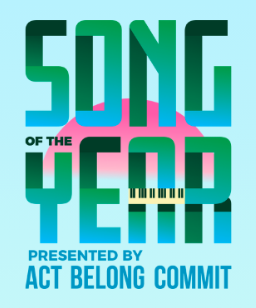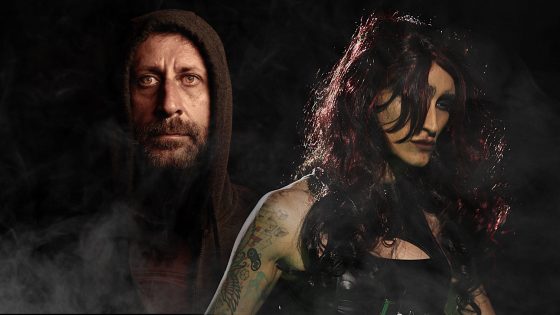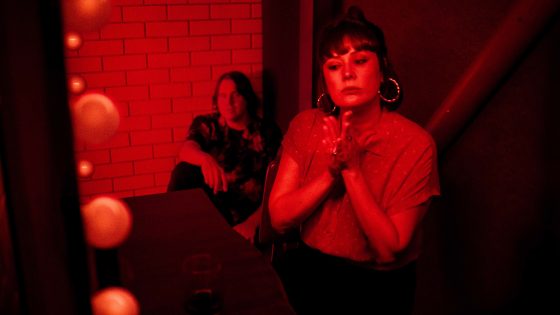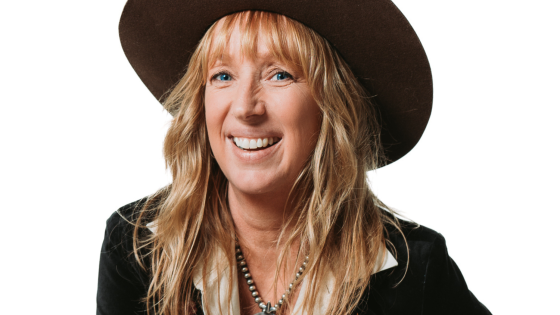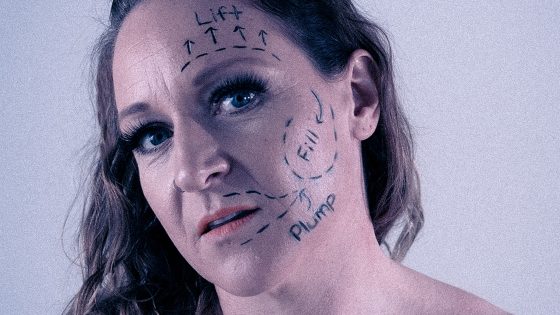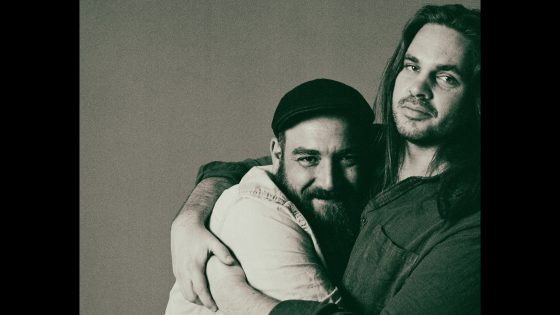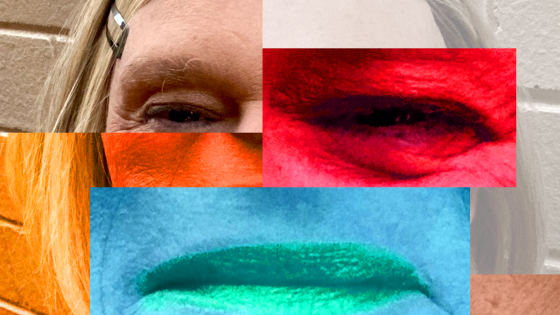Anita Downes’ story should be a straightforward one. Woman writes songs. Woman plays songs. Audiences turn up to see her do it. Audiences love what they see and hear, keep coming back for more. Ha! If only rock and roll were that easy. For anyone. What ultimately killed Downes’ career in the biz was that she is a woman of a certain age and, as if that weren’t enough, she is queer.
“I thought I did all right,” Downes told me after the show, with a smile which showed that some lights can never be extinguished.
Being queer is an advantage and a superpower, of course, in every context. Becoming queer in a society and industry that is hostile to your emerging identity is not. And, before all the RWLs start saying, ‘I told you so, they’re not born that way at all’ and the LGBTQIA+ corrections bureau jumps in to say, ‘Yes, we are’, it’s true, we are, but understanding and expressing identity is a tough and tenuous process for any human being. Especially during that tricky period we now call adolescence, invented by the Brits during the industrial revolution when they stopped sending four-year olds up chimneys and children were allowed to be, well, children for a while. If I remember my Ed. Psych. 101, Erik Erikson characterised the main task of the adolescent as being to solve the crisis of identity versus role confusion. Imagine doing that while you’re figuring out you’re queer and have no viable role models to help you along your way. And, introverted though you may be, a burning, undeniable drive to perform. It’s a recipe for certain and absolute disaster.
Before we met for the first time, Downes and I messaged on Facebook. It was never our intention to talk about music, but it crept into our online musings on life among the ranks of the rainbow alliance. I sent her a link to X-Ray Spex’s ‘Identity’ and she called me a punk. Then, after a good while, Downes made me cry when she shared her song, ‘Light My Way’, which she wrote after her first child died at the age of two weeks. She may hate me for saying this, because she can be unpredictable and spiky, just like me — that’s one of the many things trauma will do while it’s having its way with you — but with lines like, Inside my heart is broken and wasted/I held you as you passed into heaven, ‘Light My Way’ could be as much about Downes as it is a cry for the loss of her first born.
The Downes I first met in real life was adamant that her career in music was over, citing “…too many drunk males heckling me while watching the football at the pub.” For some musicians playing covers in the corner of a bar while people drink, watch sport and, best case scenario, ignore you, worst case, invade your space and verbally and physically harass and assault you, is a rite of passage. For others, Downes included, it’s the cherry on top of a deeply layered cake that ends careers.
“I couldn’t handle those drunken blokes,” Downes said, “they were everything I was not and they made something that I loved into an intimidating act that I couldn’t endure in the end. So I gave up playing music.”
As Downes continued to tell her story, it became easier to understand why she was unable to survive the ritual humiliation of being a pub singer while others have been able to deflect and turn around the insults and indifference.
“I first sang in church,” Downes said, “I had no idea who I was and no one to help me find out, but I loved singing. I hardly knew myself at that time.”
This was during the latter part of the 80s, things like marriage equality were a long way off and churches are places of indoctrination and conformity, institutions deliberately constructed to mould their flock into their image. Stepping off the one true path was not a possibility.
“A few times when I was younger, people said to me that they thought I might be different,” Downes said, “but I had no idea what they really meant at the time, I wasn’t picking up on my own cues, let alone theirs.”
For a lengthy period during her formative years, well into her 20s, Downes’ emerging sexuality and love of music were tied up with the church. She was trapped in the gilded cage of organised religion, making music that wasn’t her and spending time with people who were on an entirely different plane. When she moved away, no dramatic turning point, just an ongoing drift towards a light of her own making, Downes then had to navigate the highs and lows, good and bad of relationships, both romantic and musical. This gave her the impetus to begin to create music that was an expression of herself.
The Anita Downes I met was far distant from the woman of her youth. Married with two children, Downes and her wife are an expression of the modern, inclusive Australia that has conceded, albeit grudgingly, that LGBTQIA+ people are part of the new normal. They are suburban parents with kids at school, they work and pay taxes and, unsurprisingly, Australia has not crumbled into the ocean for permitting them to walk among us. Things are better, but there is still much to do.
The Downes I met was acutely aware of her journey and the roads still to be travelled, particularly in her role as a parent, which was one of our first points of connection and perhaps a story for another time, if Downes wishes to tell it. The Downes I met also was still obdurately not being a musician.
“I’m done with all that,” Downes said when I asked her about music.
“Why are we having this conversation, then?” I asked her. “How’s that going for you, not creating?”
Downes knew as well as I did that it wasn’t going well, because the fundamental truth is that no one chooses to be a creative, it chooses you, and that means you don’t get to choose when to stop. In a way, it’s a bit like being trans, suppression never works, it only makes everything worse. Much worse.
During the course of our conversation, I had the privilege of witnessing an artist who, counter to everything she’d experienced over decades, realised that she couldn’t keep the cork in her bottle any longer and decided to throw herself back into the embers of her creativity and hope that she wouldn’t get burned to a crisp all over again. It started when we talked about my own brushes with creatives and the work I do behind the scenes, mostly sending emails, that help the local artists I work with get to play their music in safe spaces where audiences respect both them and their music.
“I can help if you like,” Downes said, which I took as her oblique, trauma informed way of saying she’d like to play a set again if there’s room for her. A month or so later I tested my hypothesis by offering Downes a spot on the line up for a single launch and a month or so after that I witnessed Downes’ presence on stage as a singer songwriter for the first time. She performed a chronological song cycle of love, heartbreak, loss and redemption that was a glimpse of the artist the world lost when Downes was forced to put down her guitar and still her voice. It was beautiful, but the sense of loss was strong because, among all of her self-effacement, Downes also showed the people in the room that night what she could have been, and it was quite something to behold.
Based on my own arc through this life, I prefer to believe in the what still could be. For me, Downes the musician is still full of promise and has the heart and talent to deliver on it. The universe made her wait for a reason that few if any of us will ever understand, but that doesn’t mean that her time can’t be right now.
“I thought I did all right,” Downes told me after the show, with a smile which showed that some lights can never be extinguished.
********
GET MORE ANITA DOWNES
BANDCAMP
